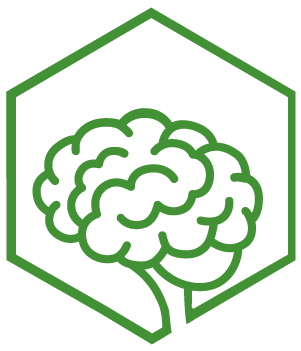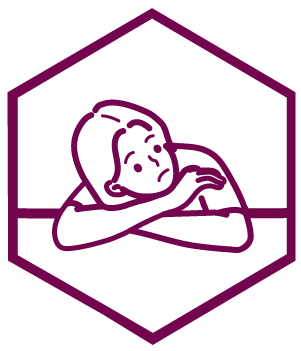Mental health is the way we think and feel and our ability to deal with the ups and downs of everyday life
Mental health is something we all have and includes our emotional, psychological, and social wellbeing. When we think about our physical health, there’s a place for keeping ourselves fit and a place for getting the right help when needed, as early as possible, so we can get better. Mental health is just the same.
Your mental health affects how you think, feel and act. It determines how we handle everyday factors such as work and stress. It also affects how we relate to others and make choices.
When we enjoy good mental health, we have a sense of purpose and direction, the energy to do the things we want to do, and the ability to deal with the challenges that happen in our lives.
Having good mental health can also mean you will have:









